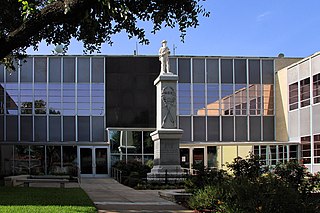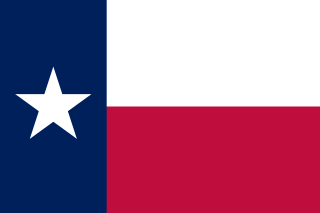| Jiba, Texas | |
|---|---|
| Unincorporated community | |
| Coordinates: 32°30′55″N96°16′34″W / 32.51528°N 96.27611°W Coordinates: 32°30′55″N96°16′34″W / 32.51528°N 96.27611°W | |
| Country | United States |
| State | Texas |
| County | Kaufman |
| Elevation | 413 ft (126 m) |
| Time zone | Central (CST) (UTC-6) |
| • Summer (DST) | CDT (UTC-5) |
| GNIS feature ID | 1378497 [1] |
Jiba ( /ˈhiːbə/ HEE-bə) is an unincorporated community in Kaufman County, located in the U.S. state of Texas. [1]

Kaufman County is a county in the U.S. state of Texas. As of the 2010 census, its population was 103,350. Its county seat is Kaufman. Both the county, established in 1848, and the city were named for David S. Kaufman, a diplomat and U.S. Representative from Texas.

In the United States, a state is a constituent political entity, of which there are currently 50. Bound together in a political union, each state holds governmental jurisdiction over a separate and defined geographic territory and shares its sovereignty with the federal government. Due to this shared sovereignty, Americans are citizens both of the federal republic and of the state in which they reside. State citizenship and residency are flexible, and no government approval is required to move between states, except for persons restricted by certain types of court orders. Four states use the term commonwealth rather than state in their full official names.

Texas is the second largest state in the United States by both area and population. Geographically located in the South Central region of the country, Texas shares borders with the U.S. states of Louisiana to the east, Arkansas to the northeast, Oklahoma to the north, New Mexico to the west, and the Mexican states of Chihuahua, Coahuila, Nuevo León, and Tamaulipas to the southwest, while the Gulf of Mexico is to the southeast.








